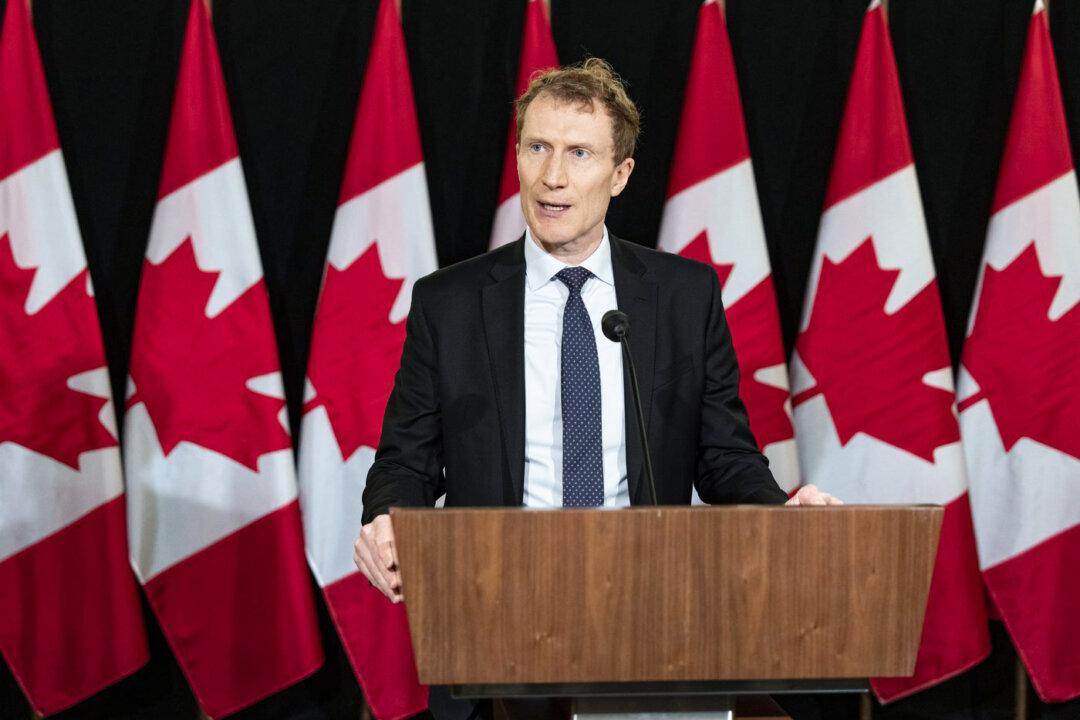Immigration Minister Marc Miller has tabled legislation that would extend citizenship to some children born outside of Canada.
“The proposed legislation will extend citizenship by descent beyond the first generation in a way that is inclusive and upholds the value of our citizenship,” he said during a press conference on May 23.





